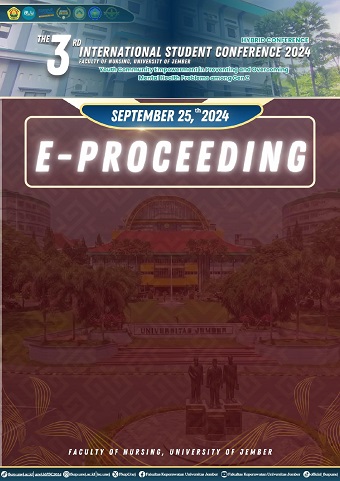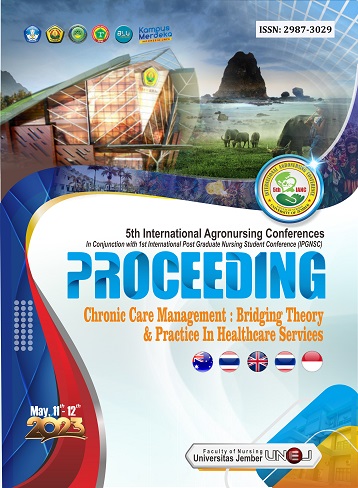Kolaborasi Interprofesional Dalam Upaya Implementasi Program Jaminan Kecelakaan Kerja - Return to Work di Kabupaten Lumajang
Keywords:
interprofessional collaboration, return to work, workplace accident insuranceAbstract
Background: Work accidents encompass incidents that arise from work-related activities, including accidents during commutes or illnesses linked to the work environment. As of May 2024, East Java has reported a total of 24,771 cases of work-related accidents. Workers who suffer from such illnesses or accidents frequently encounter challenges such as discrimination and wrongful termination. However, these issues can be addressed through the Work Accident Insurance - Return to Work program. Method: To address these issues, we supplied information to around 50 companies through certified seminars led by three expert speakers: occupational health specialists, labor inspectors from the Lumajang District Manpower Office, and the Case Manager from the Jember Branch of the Social Security Administration Agency (BPJS). The seminars blended lectures and discussions, fostering interactive engagement with the presenters. Results: A total of 45 participants attended the workshop. The outcomes of the seminar activities, designed as community service, reflected a strong enthusiasm among participants from companies and representatives from various agencies in the Lumajang Regency area. They recognized the importance of the Work Accident Insurance - Return to Work (JKK-RTW) program for companies and their employees. Understanding the JKK-RTW program and the effective execution of roles by key stakeholders—including BPJS Ketenagakerjaan, the Manpower Office, healthcare facilities, and employers—are crucial for the program's success. The objective is to ensure that workers who experience job-related accidents or occupational diseases can swiftly return to work. Companies' support for implementing the JKK-RTW program is demonstrated by their adherence to the regulations, requirements, and procedures established by BPJS Ketenagakerjaan. Conclusion: The success of the JKK - RTW program hinges on the commitment of various entities, including BPJS Ketenagakerjaan, the Manpower Office, healthcare providers, and employers, to fulfill their respective roles and adhere to the established procedures




